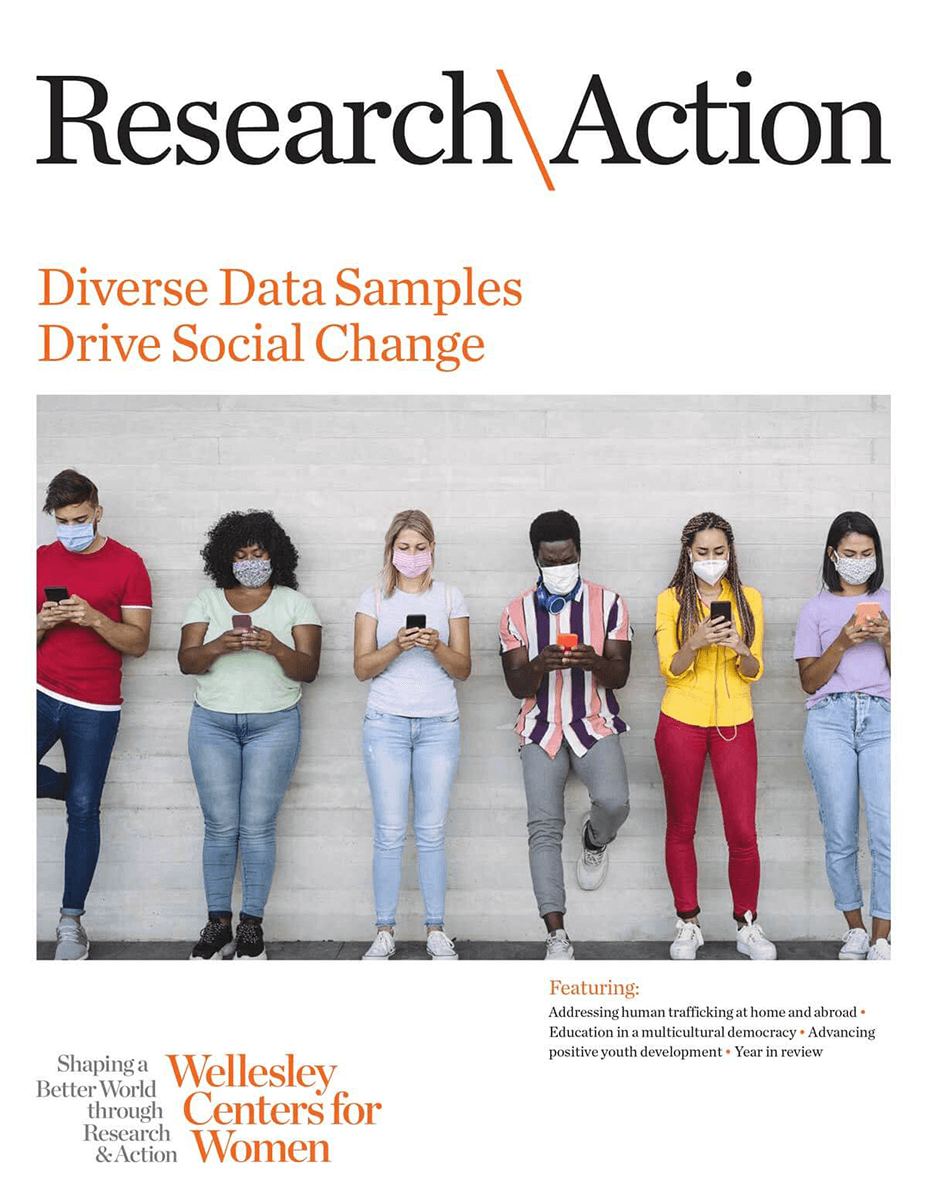 This year, the Biden administration began overhauling the Title IX rules implemented by the Trump administration on how colleges and universities respond to sexual misconduct. When the U.S. Department of Education’s Office for Civil Rights announced it would hold a hearing in June 2021 inviting comments on these rules, Senior Research Scientist Linda M. Williams, Ph.D., was perfectly positioned to offer her input.
This year, the Biden administration began overhauling the Title IX rules implemented by the Trump administration on how colleges and universities respond to sexual misconduct. When the U.S. Department of Education’s Office for Civil Rights announced it would hold a hearing in June 2021 inviting comments on these rules, Senior Research Scientist Linda M. Williams, Ph.D., was perfectly positioned to offer her input.
Williams recently completed a study of college responses to sexual assault on campus, along with colleagues April Pattavina, Ph.D., Alison Cares, Ph.D., Nan Stein, Ed.D., and Mary Frederick, funded by the National Institute of Justice of the U.S. Department of Justice. She has a thorough understanding of procedures colleges have in place, challenges they face, and concerns held by Title IX coordinators across the country. She also has more than 40 years of experience studying gender-based violence.
On June 11, Williams testified at the virtual public hearing. “It is critically important for the Biden administration to change the Title IX rules promulgated by the prior administration not only to assure women’s equal access to education, but also to contribute to a change in the culture that, currently, at best minimizes and at worst encourages sexual violence, physical abuse, and sexual harassment of women and girls,” she said.
Williams noted that among other issues, the Trump-era regulations were misguided in their requirement that colleges hold live disciplinary hearings during which those who have been sexually assaulted and those accused of assaulting them present live testimony and can be cross-examined. Such a process is litigious and adversarial, and creates an opportunity for more personal attacks than are present even in the criminal justice system, while pushing colleges to behave like that system.
Williams pointed out that the criminal legal system is rarely effective in achieving justice for victims of sexual assault. Requirements for colleges to adopt criminal justice-like procedures have a chilling effect on reporting and help-seeking; few complaints move forward, and the safety of students and their access to an education is further jeopardized. A criminal justice model also does not make sense for colleges, whose mission is to educate not adjudicate.
In the course of their research on 969 colleges across the U.S., Williams and her team spoke to dozens of Title IX coordinators, many of whom felt strongly that the way they handle sexual assault cases—including sanctioning—should be in part an educational process. In her testimony, Williams noted that addressing complaints by holding hearings and cross-examinations does not fit with that mission of education, and it is also inconsistent with how colleges handle other violations of student conduct codes.
“Educational institutions must be held responsible for ensuring safe campuses that are conducive to learning and thriving for all their members, and most institutions take this responsibility very seriously,” said Williams. “Decisions to amend these policies must consider rigorous, peer-reviewed research to ensure that women are given equal access to education.”
Read Williams’ full testimony.


